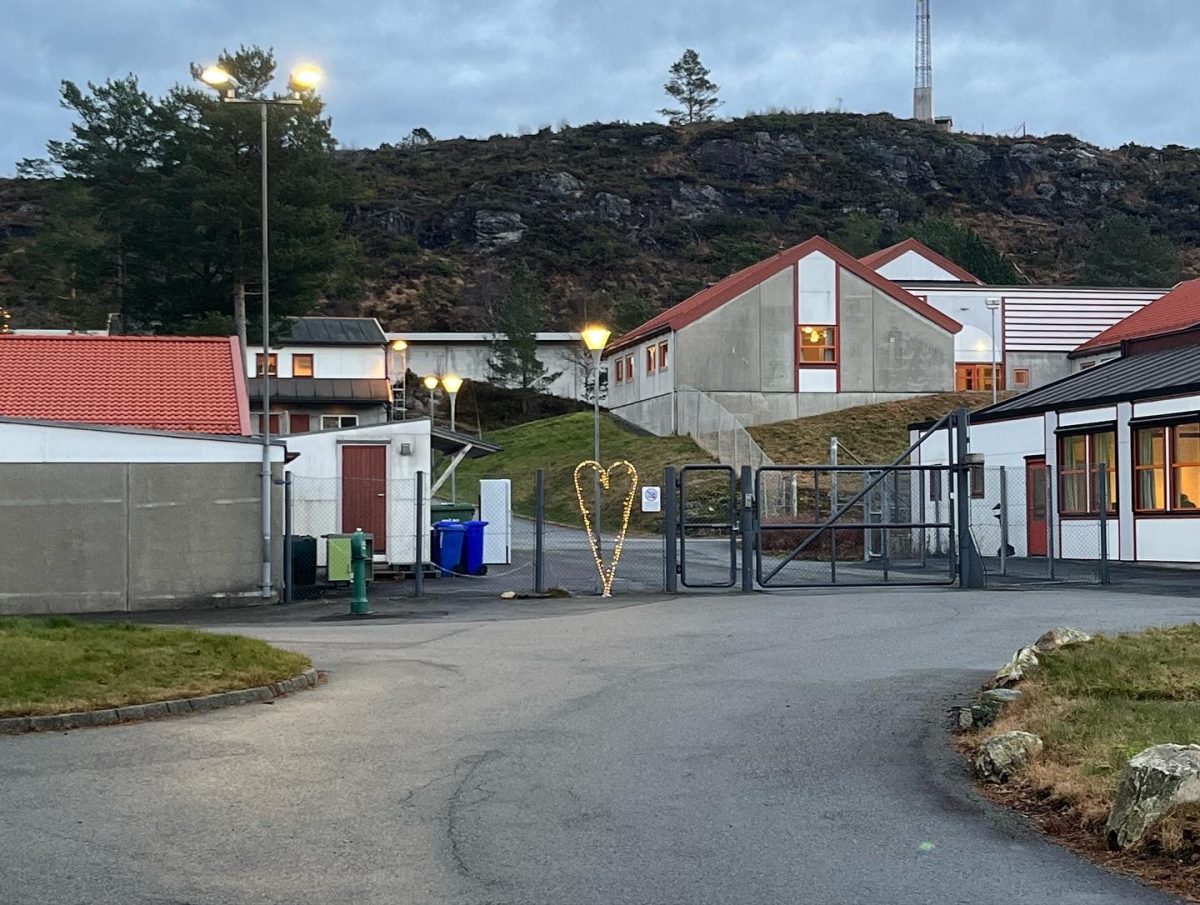The Institute for Municipal and Regional Policy in collaboration with The Tow Youth Justice Institute hosted panels for its series: “Corrections as Rehabilitation- Norway Shares Its Model of Success Parts I, II & III.”
In Part I, we heard from Professor Thomas Uglevik of the Department of Criminology and Sociology of Law at the University of Oslo, John Todd-Kvam, a postdoctoral research fellow at the Norwegian Centre for Addiction Research, James Jeter, Co-founder of Full Citizens Coalition, and Program Director at Civic Ally-ship at Dwight Hall at Yale University, Barbara Fair, a LCSW and lead organizer at Stop Solitary, CT, and Mike Lawlor, J.D., Associate professor of Criminal Justice Department at Henry C. Lee College of Criminal Justice and Forensic Science. The conversation was moderated by IMRP’s director, Andrew Clark, and Dr. Danielle Cooper.
In Part II, we heard from Elin Schie, Chief Prison Officer at Indre Ostfold Prison in Norway along with two other prison staff: Sander and James, Christina Quaranta, Executive Director of CT Justice Alliance, and Robert Gillis a retiree from The Department of Corrections in CT. The conversation was moderated by Kelan Lyons of the CT Mirror.
In part III: The Rights of the Child, In this conversation, we heard from Per Sigurd Våge, Director of the Western Region of the Norwegian Correctional Service and Per Omdal, Former Assistant Prison Governor, Bjørgvin Prison Youth Unit West. These experts shared a powerful presentation about their experience building, designing, and working within the youth justice system in Norway. Their presentation was followed by a moderated panel discussion.
The panel consisted of:
- Brittany LaMarr, Project Manager for the Juvenile Justice Policy & Oversight Committee, Tow Youth Justice Institute
- Hope Metcalf, Executive Director of the Orville H. Schell, Jr. Center for International Human Rights, Yale Law School
- Heather Panciera, Assistant Child Advocate, CT
- Danielle Cooper, PhD, Associate Professor, Department of Criminal Justice at the University of New Haven, and Dr. of Research at Tow Youth Justice Institute
Moderator: Jacqueline Rabe Thomas, Investigative Report, CT Public
- Corrections as Rehabilitation Part 3 Webinar Flyer
- The Norwegian and CT Prison Systems
- Per Omdal and Per Vage Presentation
In this conversation, there were several references to the UN Convention on the Rights of the Child.
Most relevant to this conversation is Article 37 which follows: States Parties shall ensure that:
- No child shall be subjected to torture or other cruel, inhuman or degrading treatment or punishment. Neither capital punishment nor life imprisonment without possibility of release shall be imposed for offences committed by persons below eighteen years of age;
- No child shall be deprived of his or her liberty unlawfully or arbitrarily. The arrest, detention or imprisonment of a child shall be in conformity with the law and shall be used only as a measure of last resort and for the shortest appropriate period of time;
- Every child deprived of liberty shall be treated with humanity and respect for the inherent dignity of the human person, and in a manner that takes into account the needs of persons of his or her age. In particular, every child deprived of liberty shall be separated from adults unless it is considered in the child’s best interest not to do so and shall have the right to maintain contact with his or her family through correspondence and visits, save in exceptional circumstances;
- Every child deprived of his or her liberty shall have the right to prompt access to legal and other appropriate assistance, as well as the right to challenge the legality of the deprivation of his or her liberty before a court or other competent, independent and impartial authority, and to a prompt decision on any such action.
Notably, the US is the only country that has not agreed to ratify the convention.

